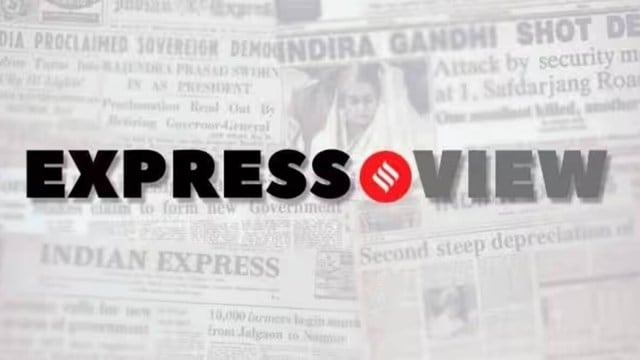
In cities across India, the school day now extends well beyond classroom hours. For nearly half of urban students in Classes XI and XII, learning continues across coaching centres, where futures are rehearsed through mock tests and multiple-choice drills. According to data published by the Ministry of Statistics and Programme Implementation’s (MoSPI) Comprehensive Modular Survey: Education, 2025, 44.6 per cent of urban students are taking private tuition. At 33.1 per cent, the proportion is slightly lower for students in rural areas. Overall, the figures stand at 37 per cent for all students in Classes XI and XII who have enrolled for private tuition this year. The numbers underscore more than academic ambition — they highlight the growing chasm between aspiration and opportunity.
The implications of this trajectory are troubling. At one level, it reflects deep public mistrust in the quality and sufficiency of school education. Once seen as supplementary support for struggling students, private coaching has now morphed into an essential component for competitive success, driven by ambition and anxiety, a middle-class survival strategy amid a narrowing of higher education opportunities. As classrooms hollow out in significance, commercial tuition centres — shadow schools — are turning into preparatory ground for competitive examinations and elite institutions. This not only undermines the vision of the National Education Policy (NEP), 2020 to foster an inclusive academic model that values innovation and adaptability but also exacts a steep financial, emotional, and social toll. According to data, urban students in Classes XI and XII are spending Rs 9,950 per year on average on private coaching, more than twice as much as their rural counterparts at Rs 4,548. For many families, this means spending a significant share of household income on coaching. Students who cannot afford private tuition are often left navigating a system that underserves them, widening the gulf between the resourced and those with limited means.